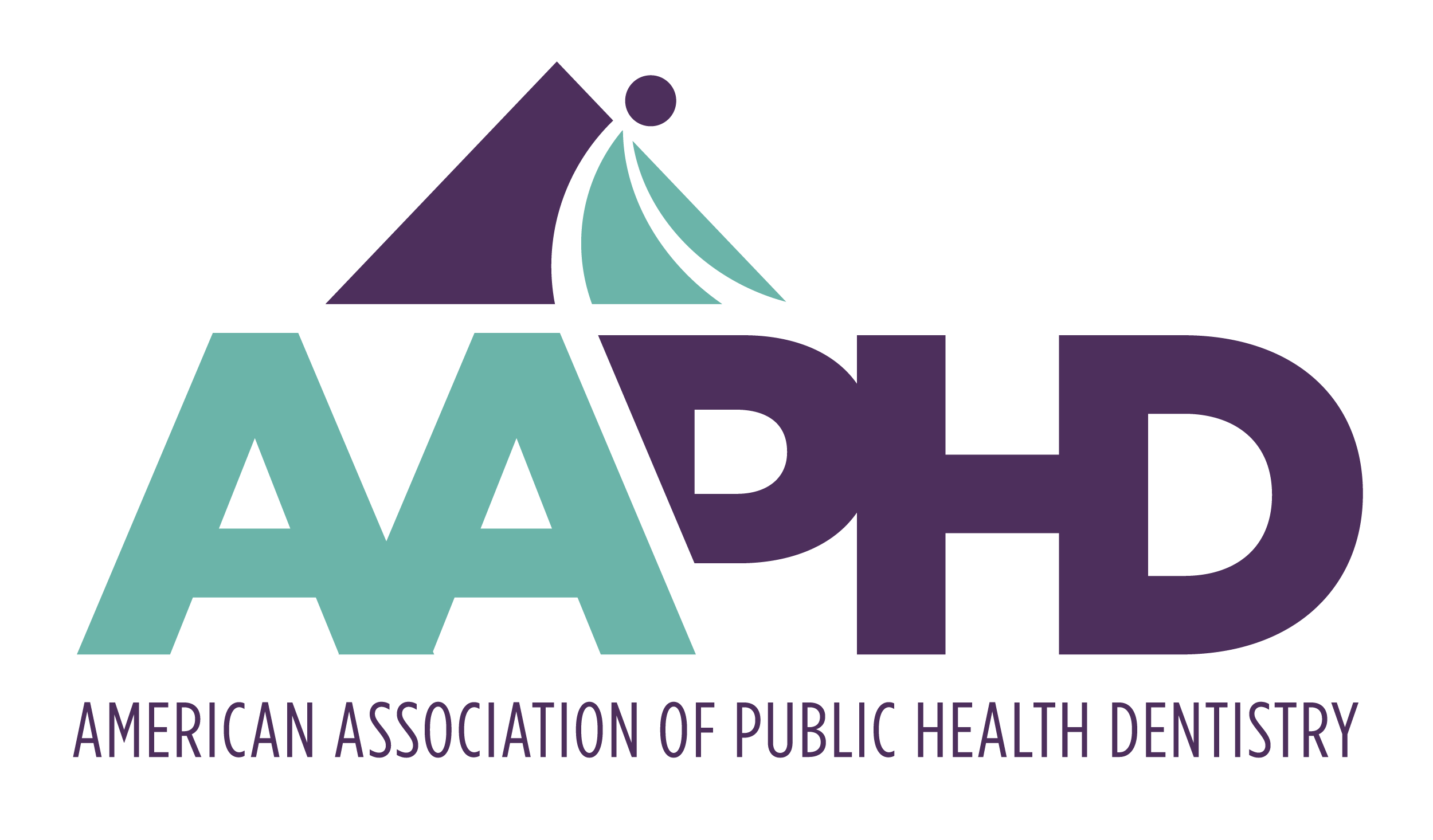AAPHD Policy Statement on National Health Reform
Adopted by the assembly of members of AAPHD November 5, 1993
J Pub Health Dent 1994; 54(2):113.
The American Association of Public Health Dentistry (AAPHD) supports fundamental health system reform in the United States. The Year 2000 Objectives for the Nation, as stated in Healthy People 2000, cannot be achieved without such change. This change must address access, cost, and quality of health care.
The AAPHD supports a national health system that focuses on the health needs of society, and one that will contribute to the improvement of the health of the nation through universal access to primary health care. Oral health is an essential component of the overall health of individuals, communities, and the nation. It is only through a healthy society that the full potential of the nation can be achieved.
A wide range of health services is available, but not all have the same potential to improve the health of the nation. A fundamental premise of this policy statement is that prevention of disease is preferable to treatment of disease or disability. While primary prevention is essential, it is not sufficient to maintain health. Therefore, health reform must include all primary health care services.
FUNDAMENTAL PRINCIPLES TO GUIDE NATIONAL HEALTH REFORM
The American Association of Public Health Dentistry supports and promotes 15 basic principles to guide national health reform, and for including oral health in any product of such reform. The principles are organized in five broad categories and include:
ACCESS AND AVAILABILITY
1. Coverage for all individuals.
2. Equitable availability of services.
SCOPE OF SERVICES
3. Comprehensive primary health care services.
4. Primary health care services provided regardless of discipline of provider, disease, or disability.
5. Services provided based on health promotion needs, disease risks, treatment needs, and scientific evidence of effectiveness and efficiency.
6. Primary oral health care includes the prevention and control of oral diseases or disability (dental caries, periodontal diseases, soft tissue pathologies, trauma, and oral and facial defects that compromise health and well-being).
7. Primary prevention for individuals and communities within both the private and public sectors must be the foundation of the health system.
8. Oral health services beyond primary health care linked to comparable medical services in an overall national health program.
ADMINISTRATION
9. Public accountability for cost, quality, and access, with ongoing planning and evaluation that includes provider and consumer participation.
10. Primary health care services provided with maximum effectiveness and efficiency through a balance of individual and community approaches.
11. Integrate public health and private services.
12. Equitable sharing of costs among all segments of society based on ability to pay.
13. Fair and equitable compensation for providers.
HEALTH PERSONNEL
14. Adequate supply, appropriate distribution, and effective utilization of trained health personnel.
RESEARCH
15. Sound biomedical, sociobehavioral, and health services research to support the organization, financing, and delivery of services.
Back to top
|

